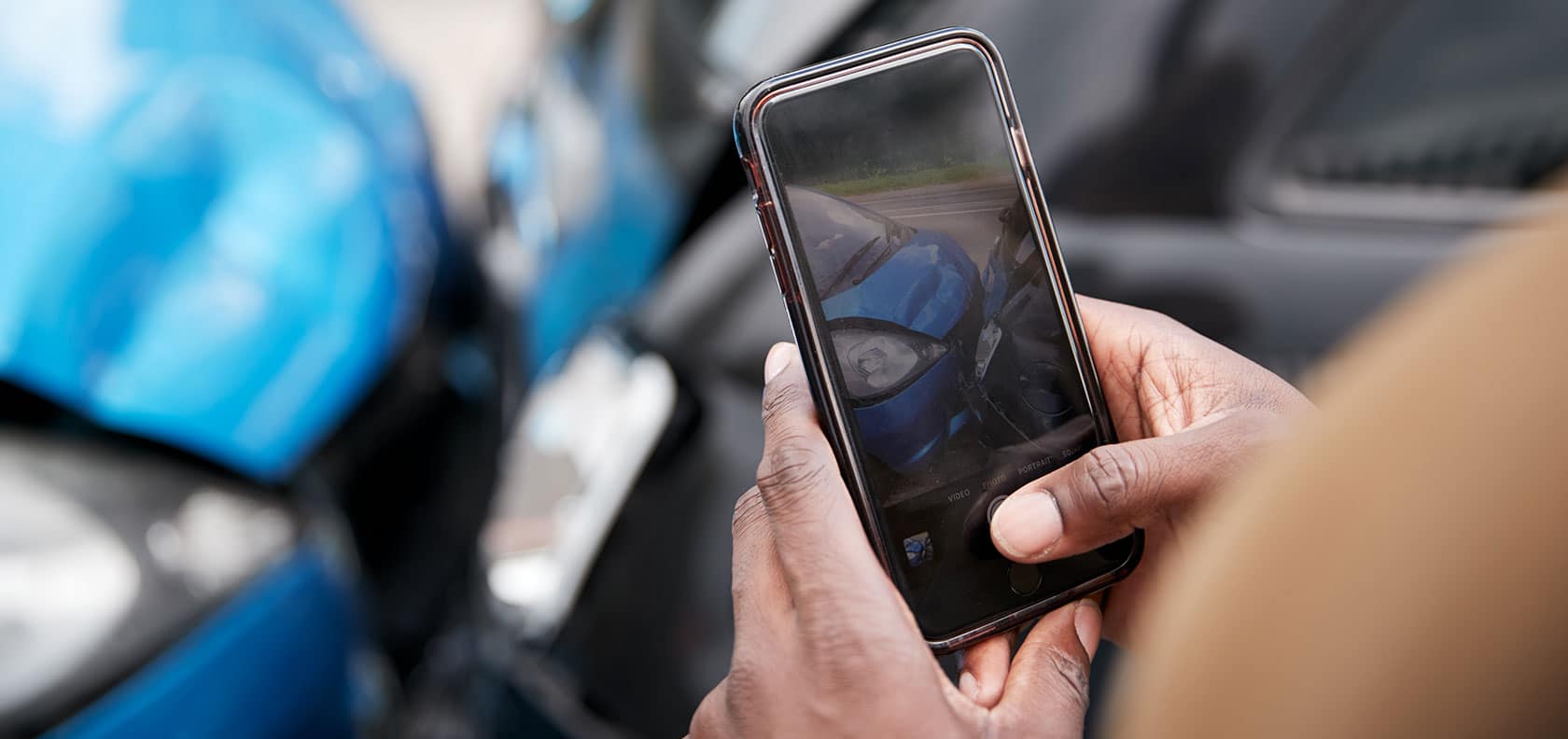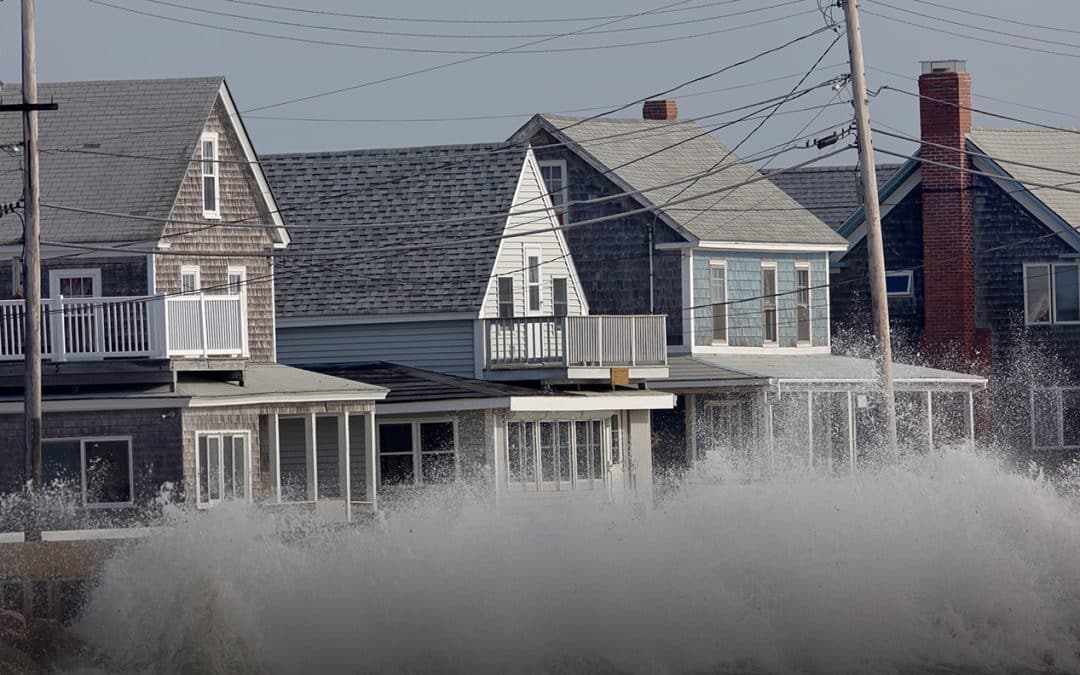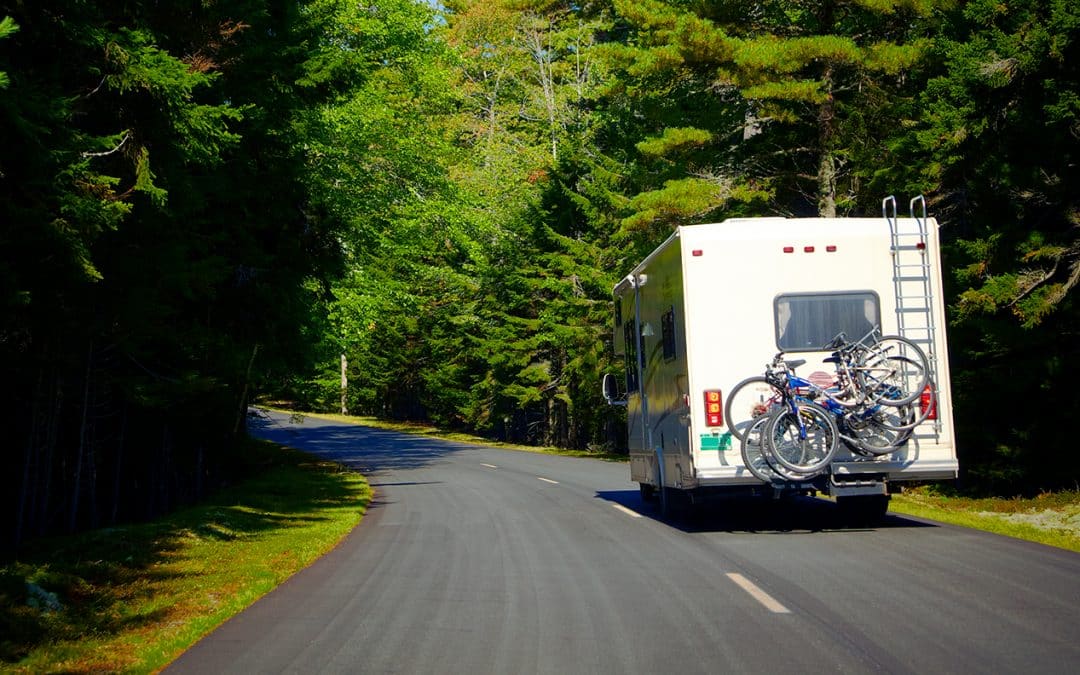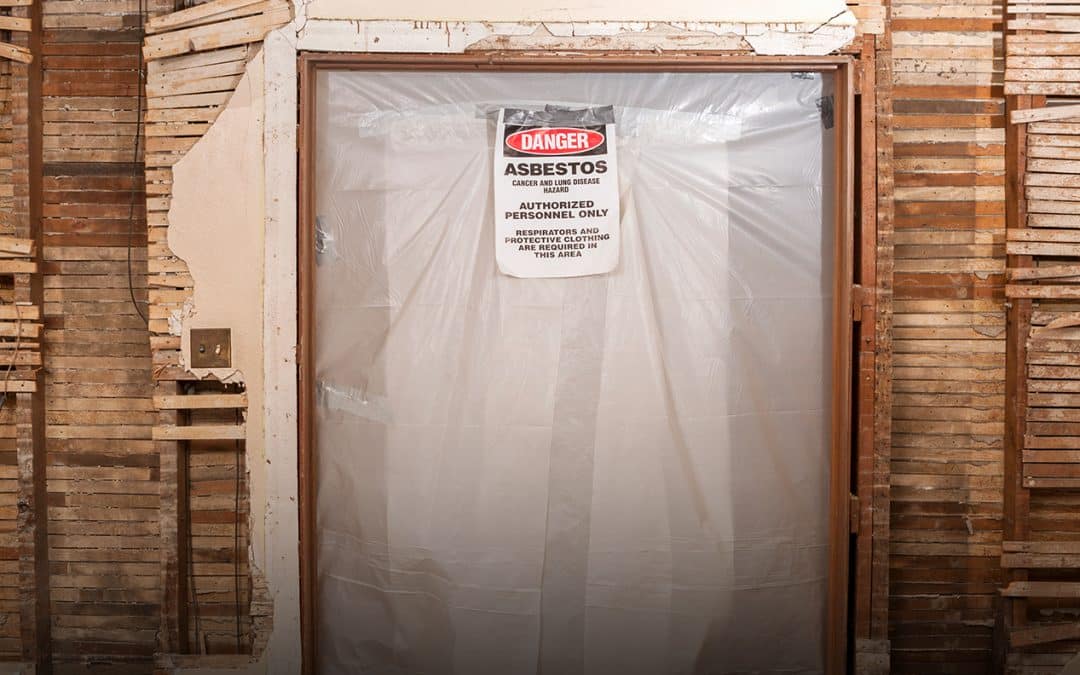As you pull up to a STOP sign you skid on a piece of black ice. Your car crashes into the car in front of you. Or maybe you don’t see another car coming as you back out of a parking spot at the Mall. That shake and sound of two cars colliding is the last thing you want to hear.
Bottom line, though, car accidents happen. In fact, there are nearly 6 million of them in the U.S. each year, according to the National Highway Traffic Safety Administration.
When it happens three thoughts usually take over: Is everyone ok? Is my car ok? Are my rates about to go up?
As long as everyone is ok not much else matters. In most cases, your car will be fine after a trip to the auto body shop. And, sure, repairing a car can be costly but with the right insurance coverage, it can be manageable. Make sure you’ve had your policy checked by an insurance agent and discussed exactly what coverage and how much coverage you should have for your lifestyle.
So what do you do if it happens? And what don’t you do?
DO:
- Be safe. If you are on a highway or in the middle of the street pull off the road if possible or find a safe spot to exchange information with the other driver.
- Notify the police and/or fire departments
- Share any photos you take of the damage to your car or the other car with your insurer.
- Provide your license, registration and insurance information with the other driver. Only provide additional information if the police ask for it. Your insurance company will take it from there. That’s what we do.
- Obtain as much information from the other party as possible (ie name, address, phone number, registration number and insurance carrier.)
DON’T:
- Panic. Try to stay calm and address the steps outlined above.
- Assume it’s nothing and just drive off. Sometimes the damage can be hidden. Always exchange information and check out the car to make sure it’s ok.
- Admit fault. Let the police and insurance company investigate the fault of your accident.
- Wait to file a claim. As soon as you can, contact your insurance company and inform them of the accident. Delaying the process doesn’t help anyone.
So, be smart, drive safe and check out our Accident Checklist for more information.



